
Reindeers fighting the hate crimes!
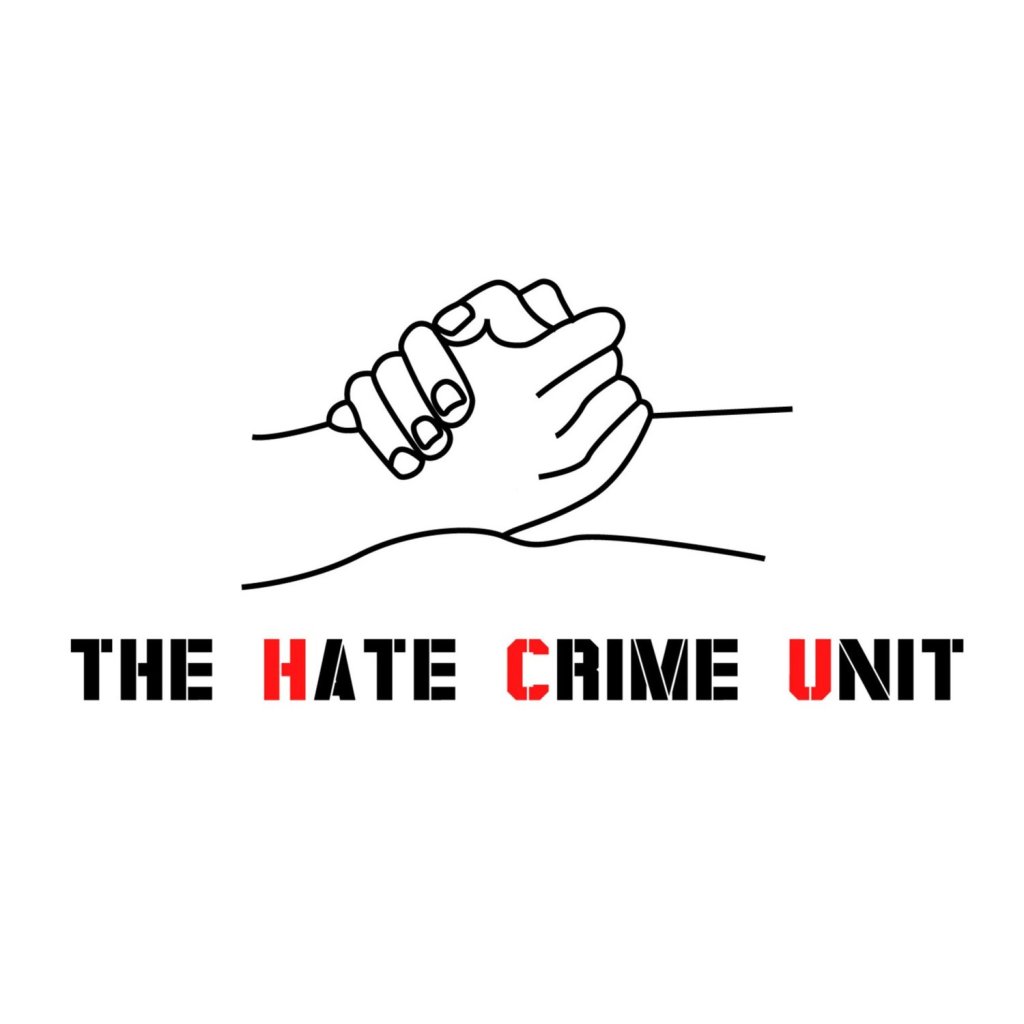
Blog 1.0 – Reflection on the first lecture about hate crimes
We, the reindeers, believe that our today’s lecture was full of interesting and useful facts about the hate crimes unit from Norway, their laws and the way they proceed when they get to investigate and prosecute a hate crime. Our speakers were very prepared and they were eager to present to us their work and their accomplishments. It was also very interesting that we found out information about how hate crimes are being dealt with in all the countries that the students are representing.
Also we have a personal reflection from Sophie, who couldn’t join us at the creation of the blog, but exposed her ideas very beautifully: Today’s workshop was very insightful, and I thoroughly enjoyed talking to my group about hate crime and hearing their ideas and thoughts surrounding the topic. It was interesting to hear how other countries base their legislation and how they combat hate crime. We focused as a group on the consequences of hate crime, I found the question ‘What are the needs for the victims of hate crime?’ created some great discussions within the group, I personally voiced that this question is very complex as all victims needs will differ as all hate crimes are different and therefore will affect the victims differently.
Connection to the spotify list
We believe that the ideas from today’s lecture connect to the songs related to hate crimes that we picked yestarday for our Spotify list, which can be accesed through this link: https://open.spotify.com/playlist/16x9oHowFwZje5MXEDsLOr?si=GhOfzHAISpiLpuI8cF4YFA&utm_source=whatsapp&nd=1
One of the songs which is called “The story of O.J.” and it is sung by Jay-Z is referring to the story of an american football player O.J. Simpsons. The most impressive verse related to hate crime is: “I’m not black, I’m O.J.”
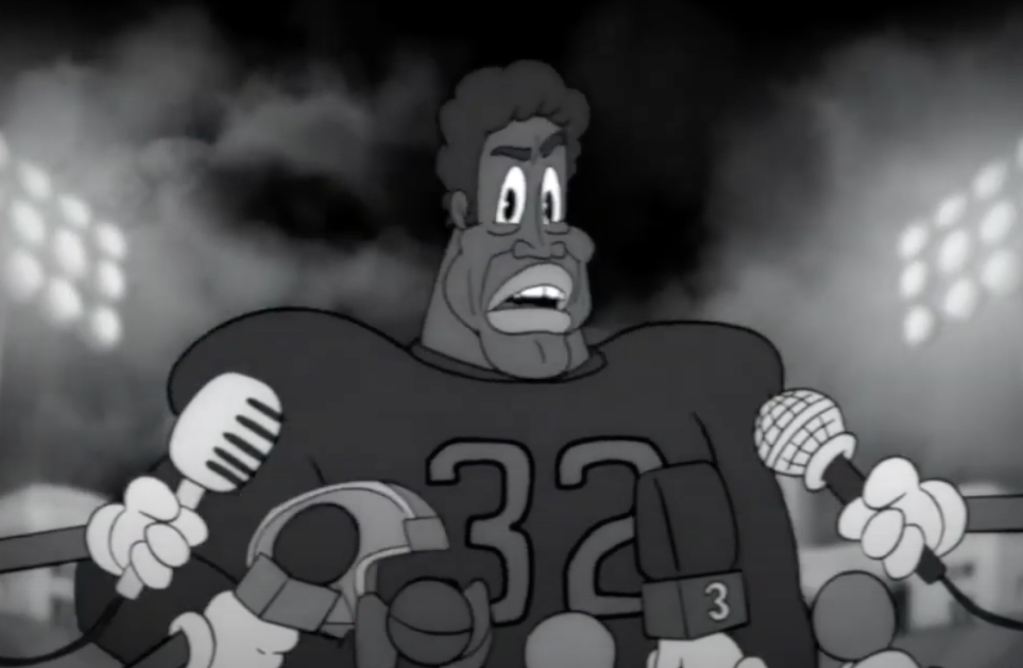
For another example, the song called “The Greatest” from Sia, which comemorates the lives of those who were lost remembering what they were and what they could have gone to be. On June 12th 2016 a 29 years-old male killed 49 people and wounded 53 more in a mass shooting inside Pulse, a gay nightclub in Orlando, Florida, USA.

That being said, we think that the task that was given to us has the biggest relevance in showing the interest we took in today’s meeting, because we had to reply to some questions about hate crimes and we really liked it and gave our best to reach some good answers.
Question 1: What effect can hate crime have on the victims?
Our answer: The effects that hate crime may have on the victims are referred to making them feel scared, also they feel excluded, isolated from the community, anxious. These victims feel unsafe, because these horrifying acts may cause their becoming depressed, feeling angry and frustrated. Also, they can not function as they used to and they can not go on with their lives as they did in the past.
Question 2: How can hate crime affect a whole community?
Our answer: Hate crime has a major influence on how a community is developing and how its general state of mind is, because one single act of hate crime influences how almost all the members of the community present themselves. Hate crimes can also influence hatred towards other minorities, because they can also feel left out. One example of a hate crime that radically changed the mentality of the people regarding racism is the George Floyd case which happened about a year ago in the USA. George Floyd, a black-skinned man, who tried to use a fake banknote was killed by a policeman, Derek Chauvin, by keeping his knee pressed on his throat for approximatively 7 minutes. This act of hate crime took the attention of the black community of the USA and not only, because a lot of people who are part of other ethnical groups participated to the “Black Lives Matter” movement that followed. Also, we feel that it is unacceptable to feel unsafe in your hometown, to be afraid to go to the supermarket or do other basic activity, because, for example, you saw on the news that one person who is part of your community was killed, or beaten, due to their being part of this group of people.
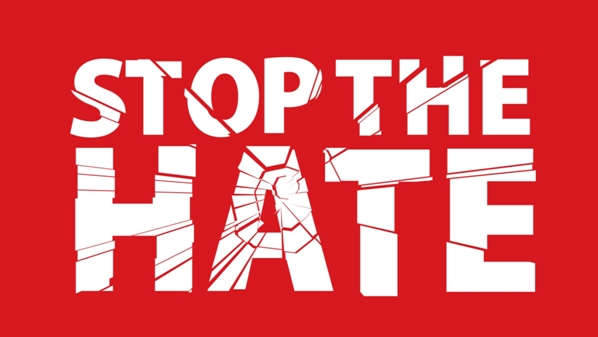
Question 3: Can hate crimes lead to polarization and radicalization? If so, in what way?
Our answer: Yes, we believe that hate crimes can lead to polarization, because it creates a fight “like you versus them” at a broad scale, especially in this era of digitalization, as there is a lower inhibition threshold on internet. It can also lead to radicalization, because certain members of a group where some have been victim of a hate crime can also create feelings of hate towards the group of the perpetrator. They can decide they want to do something about it and fight back.
Question 4: What are the needs for victims of hate crime?
Our answer: We believe that this is a truly complex question, because all the victims are different and all the crimes are different so the needs of one victim can’t be the same with the ones of another. We think that in order to find the needs of the victim, it should be taken into consideration the effect that the hate crime had on the person’s mental and physical state. Furthermore, the victims should feel the acceptance of the society and some kind of guilt from the people surrounding them, because this kind of crime happened, especially this acceptance should come from the police forces. One of the most important things that should be done regarding the victims of hate crime is getting them into a program where they are encouraged to open up and show the true feelings that they have about what happened, because keeping their “wounds” hidden will never let them heal.
Blog 2.0 – Reflection on National Polices and Hate Crimes
In the last few days we mainly elaborated how our home countries organize their polices and how they deal with hate crimes.
In this respect we worked in the national groups of Ukraine, Romania, Netherlands, Great Britain and Germany. We then presented the results at Padlet which we think is such a cool thing, because of getting together so many different countries at once.
Furthermore, everyone of us was able to get an impression of the different national polices and the manner how they deal with hate crimes.
For example they were a lot of similarities regarding to hate crime like the fact that almost every country has got a section in its national penal code that rises the sentences of every crime committed when it is motivated by hate. But unfortunately, the motivation of a perpetrator can be very hard to prove.
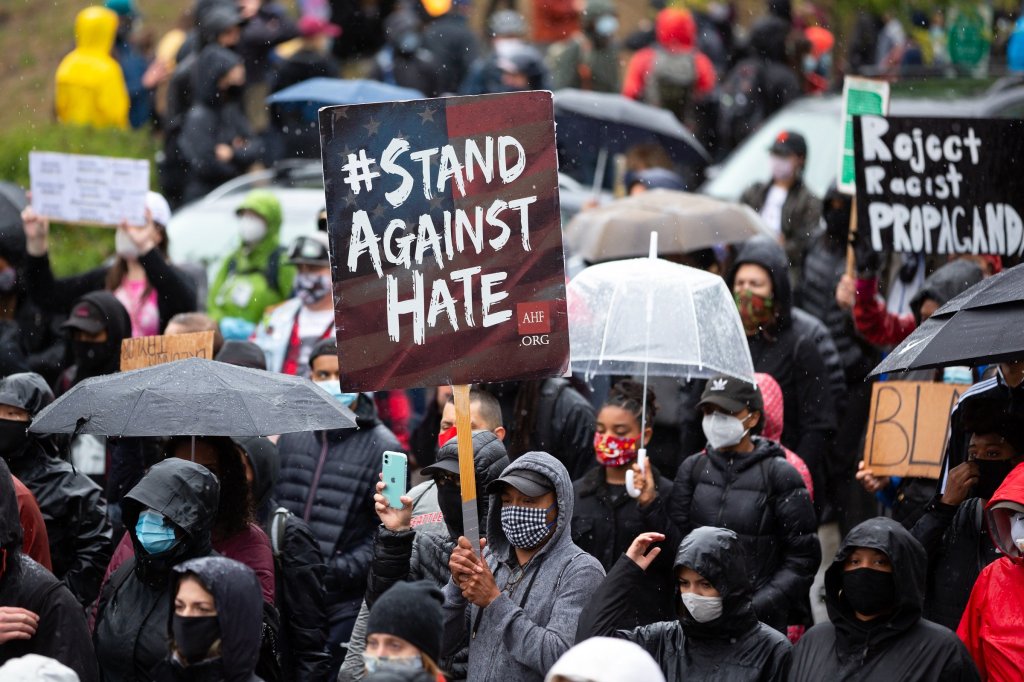
Another fact that stood out was that in Romania the biggest discriminated group are the Roma people and that the Romanian Police Academy lowers the requirements for them to pass successfully the selection process for entry. But also in Germany they do something similar as people with Migration Background get an extra point within the selection procedure.
But beside learning a lot about these topics we also had a meeting in the evening for having fun competing in a little international quiz and learning something about the opportunities to work as a police officer in an international program being organized by the UN.

So, in total the first of the international weeks has been full of interesting impressions and we were able to learn a lot about the mentioned topics. In this respect we are looking forward for the next week.
Blog 3.0 – Hate crime and the deaf community
The morning’s lecture was about the Irish community of deaf people and the way Ireland is or at least should be dealing with it in a proper manner. There are almost 45.000 people in the deaf community using sign language in Ireland. This also includes family and friends of deaf people.
We learned that deafness has often been viewed as a burden on societies. In the history they even tried to eradicate the deaf community, deaf children were left on mountains to die or were drowned.
And even nowadays there are still a lot of circumstances like the communication barrier from deaf people to the rest of the society which lead to the fact that deaf people are four times more likely to suffer mental health illnesses or that the abuse rates are higher. So, in total, a deaf person is very much more likely to become a victim of a crime. And as this is due to the disability of being deaf these crimes are hate crimes.
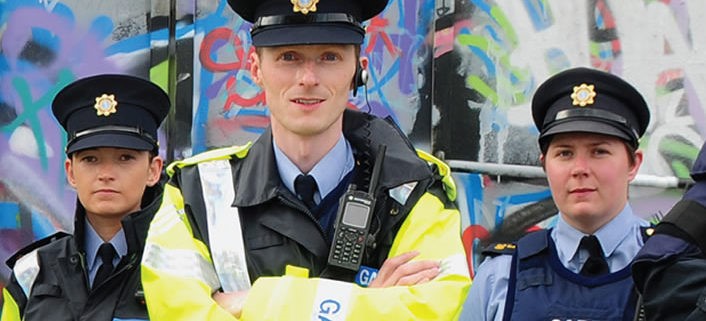
The An Garda Síochána is Ireland’s National police & security service. The police system in Ireland is constructed in a way that prioritizes the hearing people. It doesn’t take the deaf into account much. Therefore it is difficult for deaf people to communicate in the legal system and for example report a crime.
In Ireland they signed the Irish Sign Language Act in 2017 which recognizes the right of the Deaf community to use ISL as their native language and to use, develop and preserve it. Also they have given an commitment to all victims which states: All members of the An Garda Síochána will treat victims with dignity and respect –whatever disability, but there is not much information on their approach to victims with disabilities. Also Ireland needs more deaf counselors and professionals with ISL to treat the deaf community better. They are now doing a Pilot in cooperation with the Centre for Deaf Studies, Trinity College Dublin and Sign Language Interpreting Service to support members of the Deaf community attending a few police stations.

Reflecting these information on our own knowledge, we noticed that before the presentation we did not really realize the negative effect that our society can have on the deaf community and the way they are exposed to hate crimes. It also made us realize that a lot of things are made for the hearing people and we don’t think enough about the deaf. They completely rely on visuals for most of the time and things like reporting a crime will be more difficult if your country doesn’t provide you with the necessary support. Deaf counselors and police officers that know how to do sign language should be available. It made us more aware of the rules and guidelines in our own country and made us take a closer look at what can go better.
So the key is awareness.
Blog 4.0 – Final reflection and thoughts
Question 1: What have you learned during these two weeks?
Our answer: We learned a lot of things: different definitions of “hate crimes” in each country, the legislation surrounding hate crimes, the different minorities each country includes, the way police in Norway works and it is structured, how the police education systems work in each country, that hate crimes affects all the community and not only the individual and in what way, that no one is born with hate, but it appears during his/her socialization, the way deaf community is affected by hate crimes and how the treatment that they receive is most often unfair, the system being built for the hearing people without taking in account disabilities. The list could go on, but these are the main ideas that came to our minds when we thought about these marvelous two weeks.
Question 2: Have you changed your ideas about hate crime?
Our answer: Actually, we all came with the mindset that hate crimes are unacceptable and we, as police officers and future police officers, believe that it is one of our responsibilities to combat them. Still, we gained a lot more insight and we did not change our ideas, we just added some more information to our knowledge that support the principles we already had.

Question 3: Will you change your approach to fighting hate crime in your work?
Our answer: Yes, we think that this two-weeks module made us take every hate crime more serious, because the effects that are not visible, the ones referring to the whole community, are much more serious than the ones referring to the specific individual. We, as law enforcement officers, can make a difference by communicating to the victims and by showing them that they are safe, by taking every report seriously and offering our support to them. We understood that our work should not be only about punishing the perpetrator, but also reassuring the victim that their fundamental rights are important and they are taken seriously. Furthermore, in respect to our daily work, we will be more aware of the motives behind a crime with the possibility of being a hate crime and if it is any sign of being so we should look for evidence and investigate further.
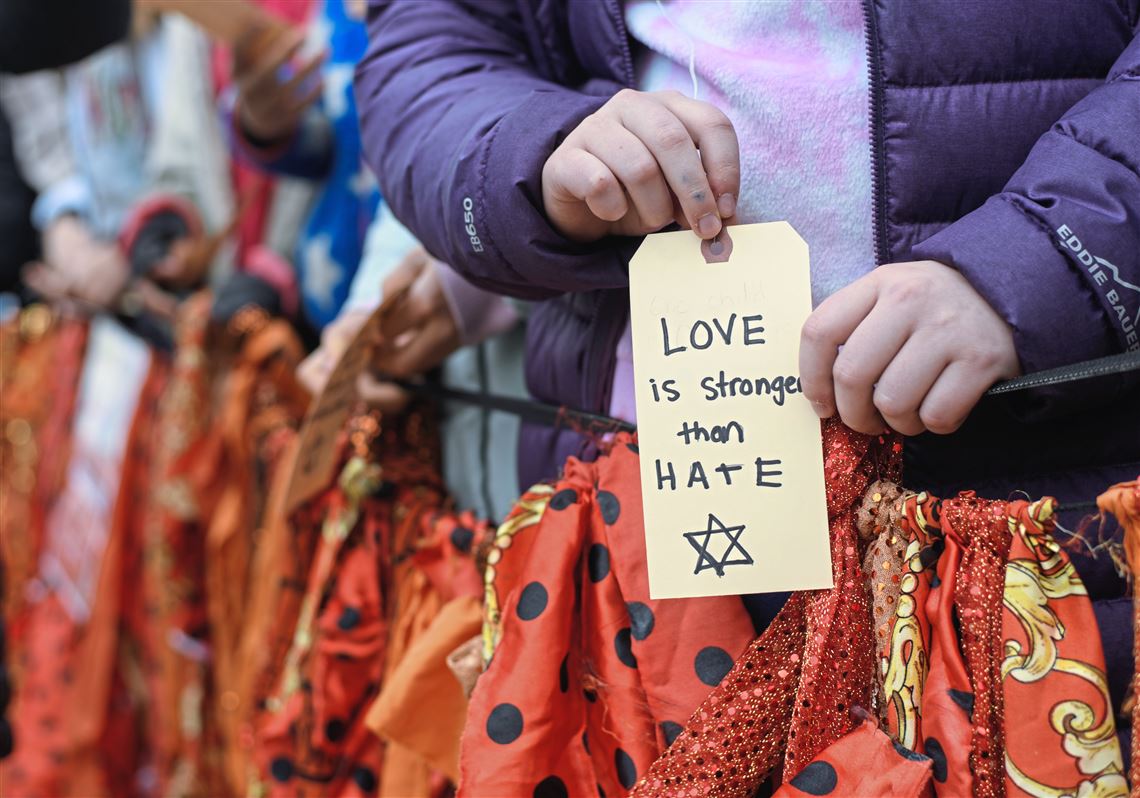
In the end, we, the Reindeer Team, want to thank all the organizers, teachers, lecturers and students who have been part of these beautiful series of activities, because everybody made sacrifices and dedicated their time and efforts to make it happen. And another big “thank you” comes for making us better humans and police officers.
Love the blog you guys have created! I also enjoyed going over the Spotify list you guys have created, nice to see that you guys have very different songs that we (Elk Team) had! I also enjoyed your thought out reflection on hate crime. – Mona
LikeLiked by 1 person
So great to catch up on your blog Reindeer team! I can see you are having great discussions. I am looking forward to your thoughts based on the lecture today and the lectures tomorrow!
LikeLiked by 1 person
I really liked your example of the Black Lives Matter. It was good angle to answer to the question 🙂 Thank you guys for joining this hate crime course. It was really nice to know about hate crime in other countries.
LikeLiked by 1 person